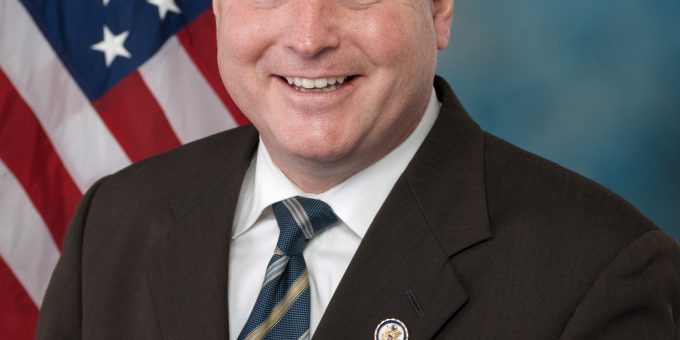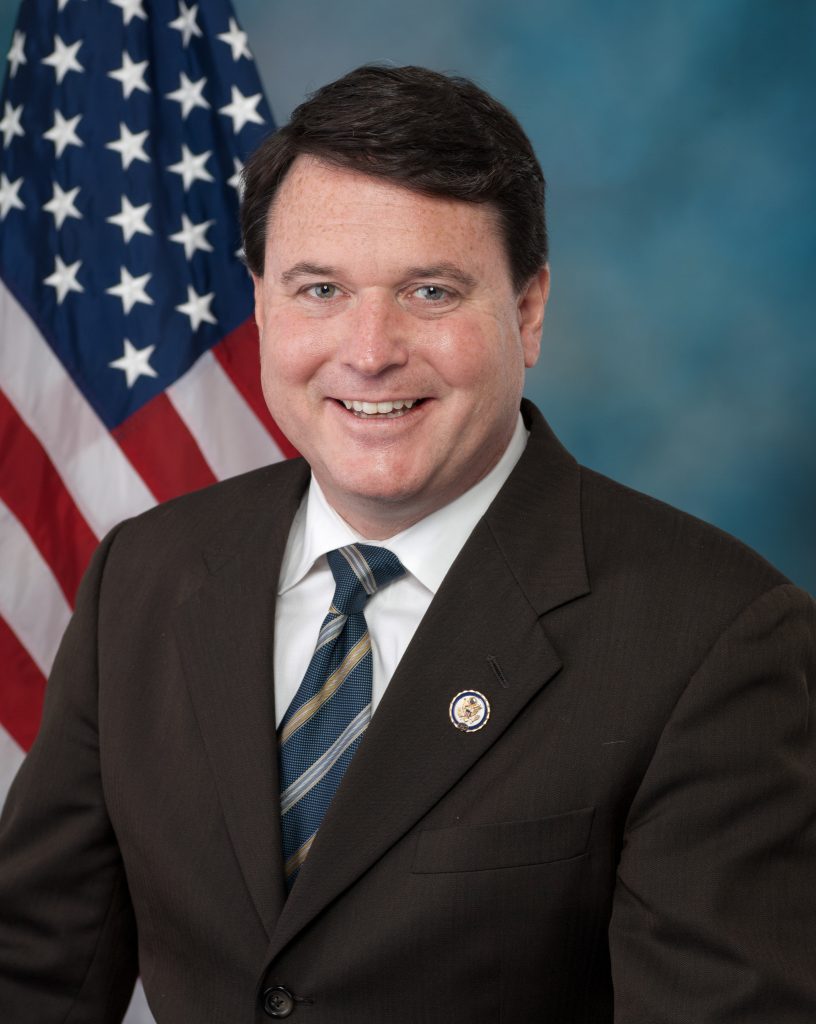
INDIANAPOLIS – Attorney General Todd Rokita thanked members of the Indiana General Assembly for passing legislation that his office either supported in testimony before lawmakers during the recent session or assisted in some other advisory capacity, such as reviewing the constitutionality of proposed legislation.

“Part of our mission in this office is to proactively advocate for measures that we believe will advance the best interests of Hoosiers,” Attorney General Rokita said. “I am personally grateful for legislators’ receptiveness to our thoughts and their responsiveness to the needs of our state.”
Attorney General Rokita highlighted the following proposals now set to become law:
COVID-19 liability protections: Both SB1 and HB 1002 aim to protect against onslaughts of frivolous litigation related to COVID-19. SB 1 provides certain protections for property-owners who might face accusations arising from COVID-19 exposure on their properties. SB1 also provides certain liability protections to manufacturers of personal protective equipment (PPE) used to help prevent transmission of COVID-19. HB 1002 focuses on providing liability protections to individuals and preventing professional disciplinary actions against medical professionals for actions arising from COVID-19. Under both bills, no immunity is provided in cases involving gross negligence or willful or wanton misconduct.
Drug addiction treatment: A provision of the budget bill, HB 1001, ensures that money received as part of Indiana’s $12.5 million portion of a multistate settlement with McKinsey and Co. will be used for programs that help educate and provide treatment to those suffering from opioid addiction. The settlement stemmed from McKinsey and Co.’s role in helping drug companies promote opioids.
Sanctity of life and health of women: HB 1577 seeks to further codify respect for fetal life and quality of care for expectant mothers. It requires that for a chemical abortion a physician dispense the abortion-inducing drug in person and that the pregnant woman consume the drug in the presence of the physician. Among various other stipulations, this legislation also requires abortion clinics to provide a woman who is considering a chemical abortion information that the abortion may be reversed before a certain stage.
Unclaimed property: SB188 updates the Unclaimed Property Act for the first time since 1995 — accounting for new types of property that have developed since the 1990s, such as virtual currency. It also provides technological updates to the Unclaimed Property Act, establishes rules to determine whether property is abandoned and clarifies specific dormancy periods for different types of property.
Deceptive lead generation: HB 1125 clarifies rules against companies seeking to generate leads by sending messages to consumers that are false, deceptive, or misleading. Among examples of such conduct are certain advertisements telling viewers that they might be entitled to money if they used a certain product or if they have used a certain type of medication — through which some consumers have been induced to pay attorneys’ fees when they don’t actually have claims. HB1125 sets guardrails for how certain businesses can advertise and generate these types of leads.



